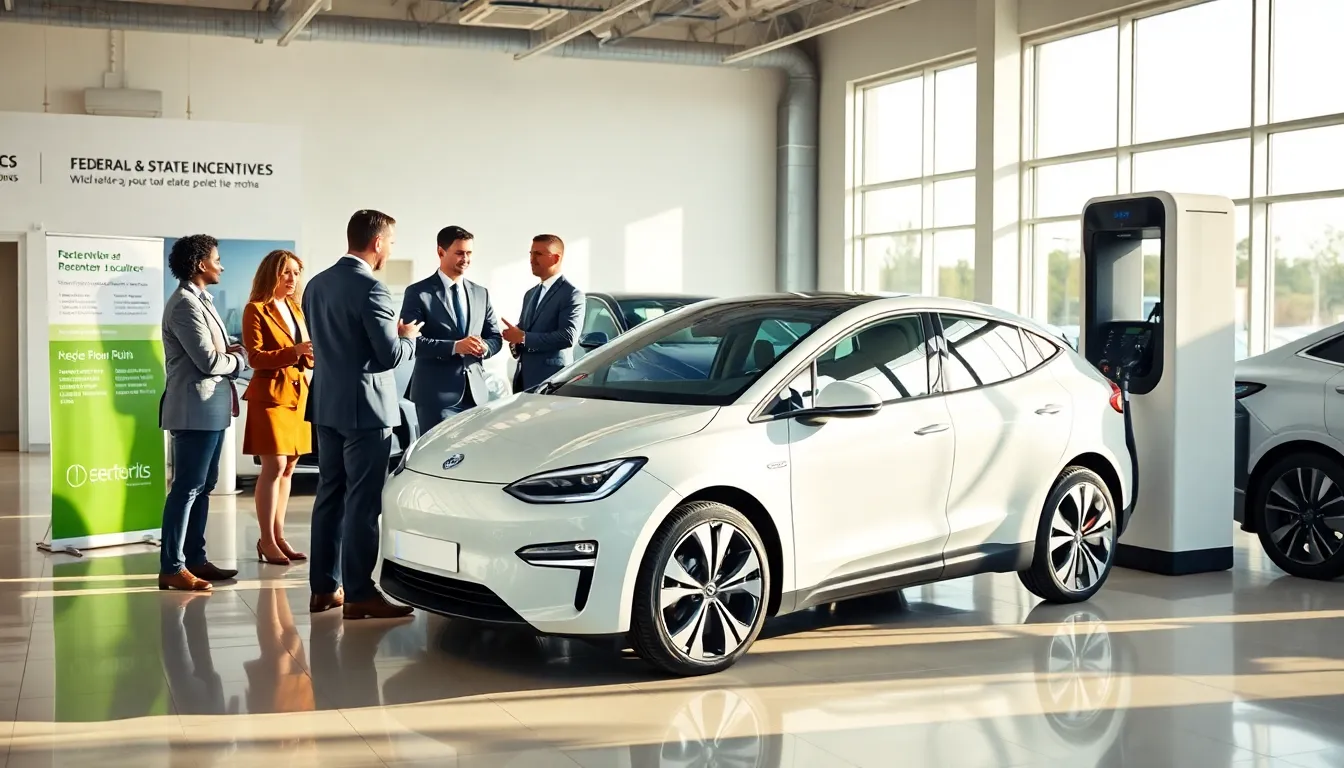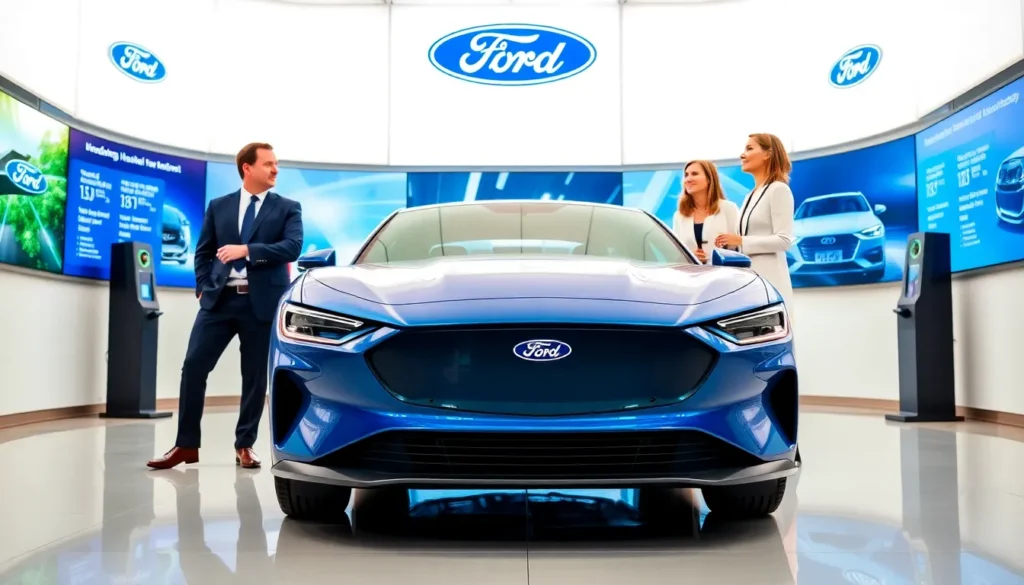Table of Contents
ToggleIn a world increasingly focused on sustainability and cost efficiency, the question of whether electric vehicles (EVs) are genuinely cheaper than their gasoline counterparts isn’t just a matter of tech enthusiasts chatting over coffee. It strikes at the heart of our wallets and the environment. Imagine cruising silently down the highway, your vehicle powered by the sun while saving money at the gas pump, sounds like a dream, right? But does that dream hold water? Let’s embark on a journey to uncover the financial truths behind electric vehicles. Spoiler alert: It’s not just about the price at the dealership.
Understanding the Cost Factors of Electric Vehicles

Initial Purchase Price Comparisons
When you first step into a dealership, the price tag on an electric vehicle often feels like a cold splash of water. Typically, EVs start at a higher price point than gasoline cars. But, one has to look closely at multiple factors. Depending on the make and model, an EV might set a buyer back several thousand dollars more than a comparable gas vehicle. Yet, it’s important to take a holistic approach: the higher sticker price often translates to features that may save you money in the long run, such as advanced safety tech and superior efficiency.
Federal and State Incentives
Wait. Before storming out of the dealership, consider the incentives available for EV buyers. Federal tax credits can rake in up to $7,500, while many states offer additional tax breaks, rebates, or even grants. That can make your initial outlay significantly more manageable. For instance, if a car has a price of $40,000 and qualifies for that federal tax credit, suddenly it feels more like a $32,500 investment. That’s a crucial figure as buyers weigh their options between gas and electric vehicles.
Long-Term Operating Costs
Fuel Costs: Electric vs. Gasoline
When it comes to fuel efficiency, electric vehicles have a leg up. The average electricity cost in the U.S. is generally lower than gasoline prices. When you do the math, charging an EV can cost substantially less than filling a gas tank. Many drivers find it’s easy to save upwards of $1,000 annually on fuel alone. With EV charging stations popping up everywhere, hello, convenience., it’s not hard to see why many consumers are lured to the electric side.
Maintenance Expenses Over Time
Electric vehicles boast fewer moving parts compared to traditional gasoline-powered cars. This translation means less wear and tear and, later, lower maintenance costs. Think about it: no oil changes, fewer brake replacements, and less fumbling around with exhaust systems. In fact, some studies suggest that EV owners spend about 50% less on maintenance over time.
Is your current vehicle needing constant attention? In contrast, your future EV might just want to enjoy a peaceful rest in your garage.
The Environmental Impact on Costs
The rising popularity of electric vehicles also stems from the environmental costs associated with gasoline cars. The emissions they produce contribute to air pollution, which carries its own economic burden in health care and environmental cleanup costs. By choosing an EV, consumers are not just opting for a car: they are participating in a larger effort to curb these costs. This transition could lead to a more sustainable future and potentially reduce governmental and societal costs. Many people want to help the planet, and driving an EV is one impactful way to do so.
Resale Value and Depreciation Trends
One aspect that often raises eyebrows is the resale value of electric vehicles. Although EVs have traditionally depreciated faster than gas cars, market trends show that this gap is closing. Increasing demand for used EVs, fueled by greater consumer awareness and more robust charging infrastructure, is elevating their resale values. So, the financial equation shifts accordingly. A better resale value naps nicely in the back of your mind when pondering long-term costs.




